Liverpool’s approach to youth development, and Jurgen Klopp‘s academy focus, is encouraging, but the challenge in establishing the next generation is vast.
The Reds are making great strides at youth level, with the emphasis shifting from quantity to quality and clearer pathways being made to the first team.
Klopp has handed debuts to the likes of Trent Alexander-Arnold, Harry Wilson and Ki-Jana Hoever during his time as manager, with 14 academy players making their first appearance for the club since his arrival in 2015.
However, Alexander-Arnold is still the only regular starter for the senior side, while Rafa Camacho is arguably next in line having made two appearances and being named on the substitutes’ bench a further six times this campaign.
The difficulty in maintaining this commitment to progression has increased as Liverpool push for silverware in the Premier League and Champions League.
And interestingly, research from title rivals Man City has highlighted the avenues youngsters may need to follow if they are to cement themselves at the top.
City executive Brian Marwood told Training Ground Guru that “in the last 10 years, 83 percent of players who featured in the quarter-final stage of the Champions League had all played first-team football at 17.”
The suggestion is that loans are, therefore, a better option than regular academy football, but it is clear that the margin for success is narrow.
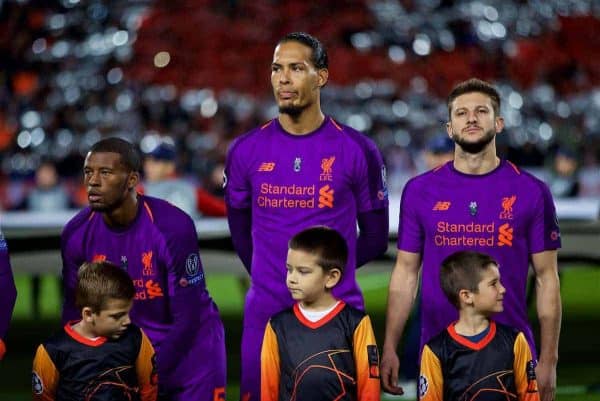
Of this season’s Liverpool side, however, only Mohamed Salah, Gini Wijnaldum, James Milner, Joe Gomez, Xherdan Shaqiri, Daniel Sturridge, Divock Origi, Alex Oxlade-Chamberlain and Ben Woodburn played at first-team level at 17 or younger.
Virgil van Dijk, Sadio Mane or Alberto Moreno didn’t make their debut in senior football until they were 19, while Alexander-Arnold, Andy Robertson, Roberto Firmino, Jordan Henderson, Fabinho, Naby Keita, Dejan Lovren and Joel Matip were all 18.
Fabinho is an interesting case though, and one which is perhaps best aligned with City’s research, with his first taste of regular first-team football coming on loan with Real Madrid Castilla.
The Brazilian, now 25, represents the shifting dynamic of youth progression closest in this instance, as the demands for an immediate return grow at the top end.
It is therefore unsurprising to see few youngsters break through and settle into first-choice roles under Klopp so far, as the risk is considered too high.

Furthermore, it hammers home the importance of Liverpool’s loan pathways team identifying the best move for the club’s promising youngsters, as competitive experience at another club is seemingly more conducive to development.
Interestingly, in the early months of his time on Merseyside, Klopp claimed “the best talents should be at their own club so they can play together for the U21s and develop as a team.”
This mindset has seemingly changed, with Wilson a prime example of this—and while his wait for first-team football doesn’t quite fall in line with Marwood’s hypothesis, the methodology is there.
Either way, the hope is that Liverpool are the outlier in this regard, as the club’s young prospects should be cherished and nurtured.

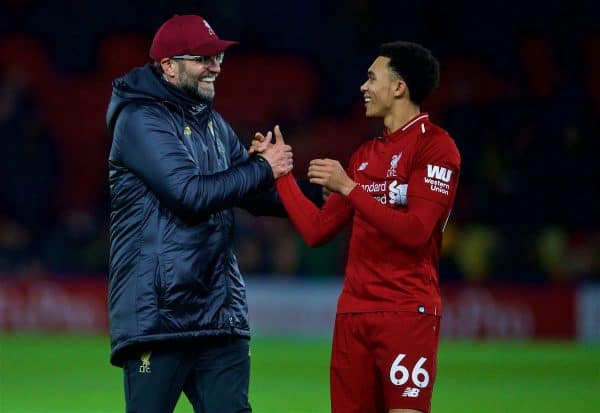
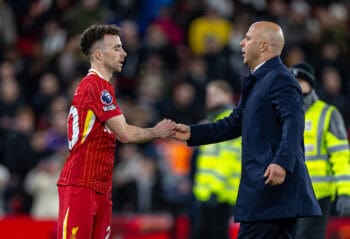
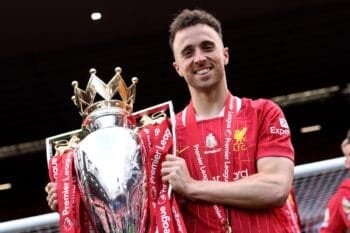


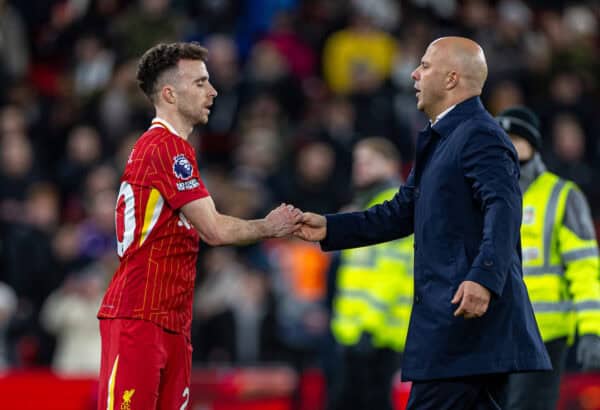
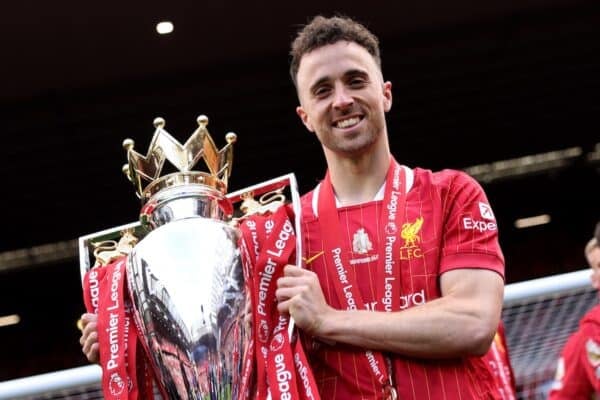
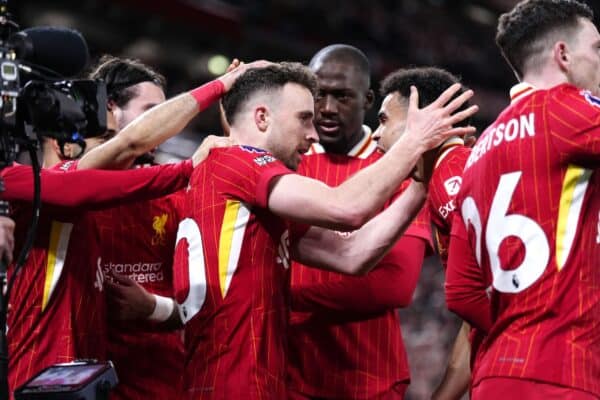
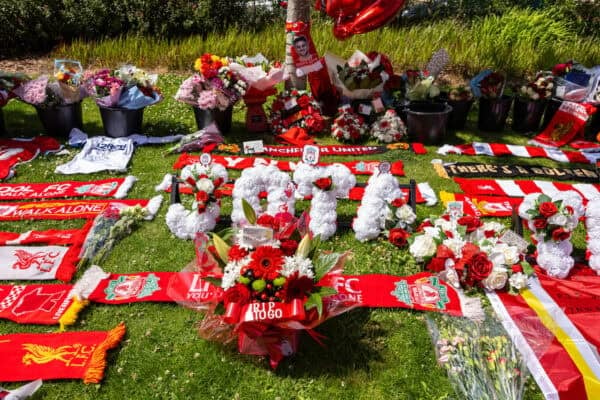
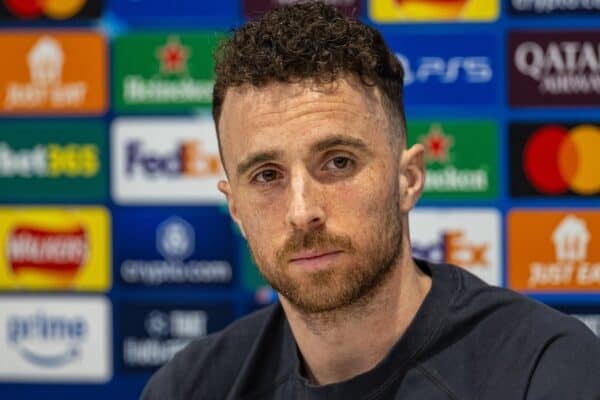
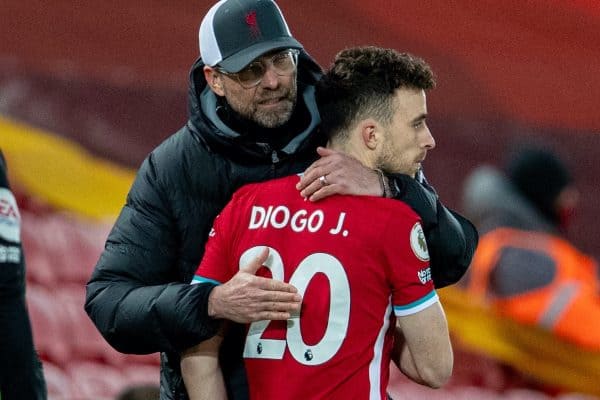

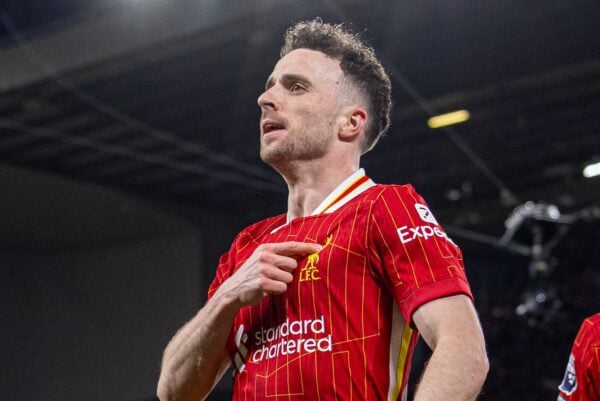



Fan Comments